Two weeks ago, I volunteered to write a piece on the COVID-19 violations committed by members of the first-year class attending an unmasked gathering on Commons. I was only a week into my new life on campus and an eager writer-in-training, hungry for any opportunity to amplify my voice. I knew what I wanted to say and was passionate about my message. I wanted to write a piece directly addressing my peers who participated in events that violated guidelines imploring them to think about their friends, families and students at risk in our community.
Yet, as I stared at the blank page in front of me for two weeks, I couldn’t think of a single thing to write. If I forgot my mask when refilling my water bottle or going to the bathroom, would my words lose their meaning? Does my voice truly contribute to the conversation when I, too, make mistakes, lower my mask when my friends can’t hear me, forget hand sanitizer or step out of my “social distance” circle at the dining hall? Why do I find it so difficult to write a piece about something I believe in? Am I failing as a writer for being unable to articulate my own beliefs?
More importantly, how did COVID-19 become such a polarizing issue that I’m worried about being ostracized for telling my peers to put on their masks?
Cancel culture refers to an attack on someone’s employment, student status or reputation by critics based on an action or opinion that is considered disgraceful and in poor character. The rapid development of social media has allowed cancel culture to metastasize, changing the way we cancel and extending its reach. Living in the digital age, our generation has encountered more ideological extremes and engaged with more hateful speech than ever before.
Now that we can all add our voices, we’re a mob waiting to happen.
This year at Vanderbilt, a single photograph captured by a stranger and published on an Instagram page can turn a first-year student into a social pariah.
Confronted by a series of crises, our country’s commitment to free speech and the exchange of ideas has been uneven at best. We are becoming increasingly intolerant of opposing views, condemning the character of those with whom we do not agree. It wasn’t long after we arrived on campus that accounts like the “Vandy Corona Police” Instagram popped up, intending to shame and humiliate classmates into following the rules.
At Vanderbilt, the intensity of our negative feelings can often be disproportionate when compared to our actual level of disagreement on COVID-19 policies. Personal attacks on our peers for their opinions on mask-wearing and social distancing have replaced listening and respectful debate. We’re a polarized community, divided by petty partisan disputes, personal opinions and increasingly vitriolic ways to disrespect one another. The distrust and disunity across the political divide have only increased. In the lead-up to this year’s general election, regions that our friends come from have been pitted against ours—rural areas against cities, red states against the blue. As a community, we seem to have skipped a step in the middle—listening.
It is difficult to do the important work of showing empathy to others in the immediate heat of responding to an online post. We receive a release from our anger and instant gratification when we turn to “cancellation” instead of discussing the issue with the post’s author.
My struggle to write a piece on the coronavirus violations amongst my peers is a glaring problem of a deeply systemic issue. If you have ever stopped yourself from expressing an opinion in class, with your peers or in any other non-anonymous forum that doesn’t completely align with the mainstream talking point because you were worried about saying something slightly “wrong,” that is cancel culture’s effect. If you ever avoid adding your voice to a politically sensitive conversation, that is cancel culture’s effect.
Former President Obama even contributed to the conversation about cancel culture during an interview about youth activism. Obama expressed his discontent for the watered-down activism cancel culture promotes saying, “That’s not bringing about change. If all you’re doing is casting stones, you’re probably not going to get that far.”
Cancel culture is stifling debate and discourse on campus and denying those with different beliefs the right to express their opinions. Without discussion, you cannot change others’ minds and you just lose the opportunity to convince them. You silence them, and they lose interest in listening. You may also lose the opportunity to grow yourself.
My own fear of the judgments my classmates would make prevented me from expressing my beliefs and voicing an opinion. I know I can do better in listening to my peers, being less judgemental of those with different values and actively practicing empathy in my conversations. I know we all can do a better job of listening to one another and approaching conversations with an open mind.
At Vanderbilt, rejecting cancel culture doesn’t have to mean rejecting the ideas of social justice, equality and activism that are important to us. It does not mean repressing our reactions or accepting prejudice as the status quo. For people who are underrepresented, misunderstood and disenfranchised, participating in online discourse gives them a voice in the conversation.
Let’s try discussing with our peers, according them the respect they deserve and providing resources rather than quick judgments. Rejecting the instant gratification of canceling gives us the chance to honor our feelings of sadness and anger while understanding that others are capable of compassion and change. To be a Vanderbilt student is to learn from each other, express ideas with empathy and civility, and acknowledge that there is always room for improvement.


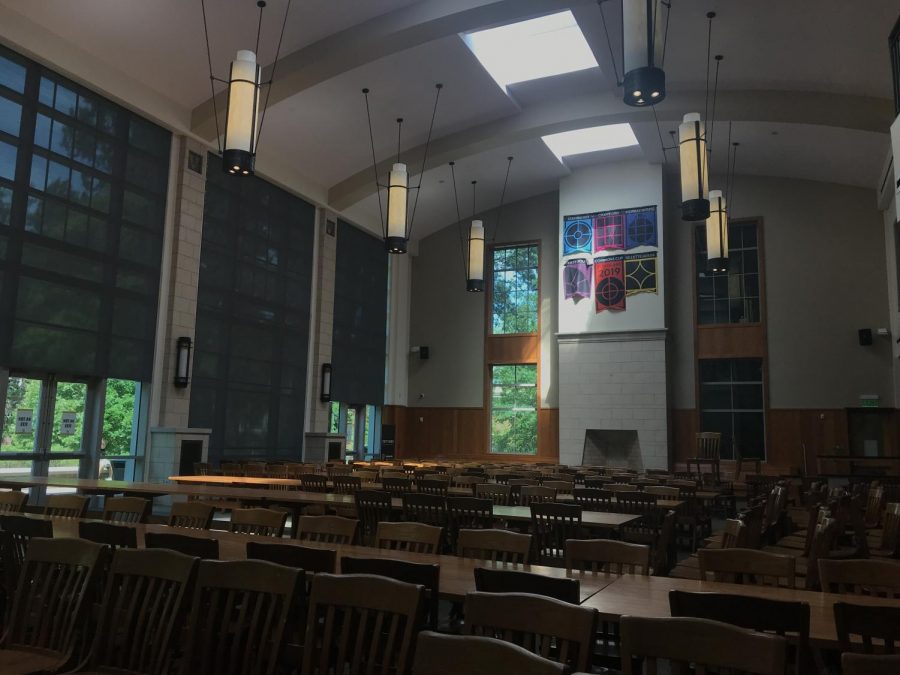
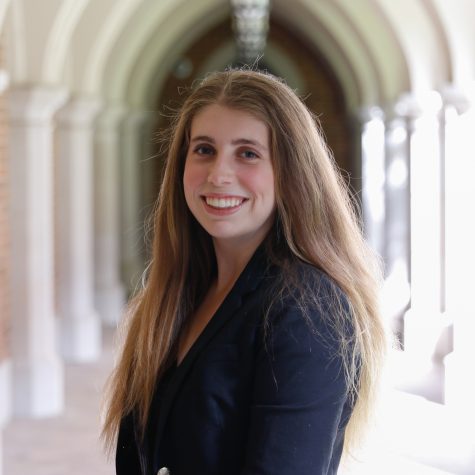
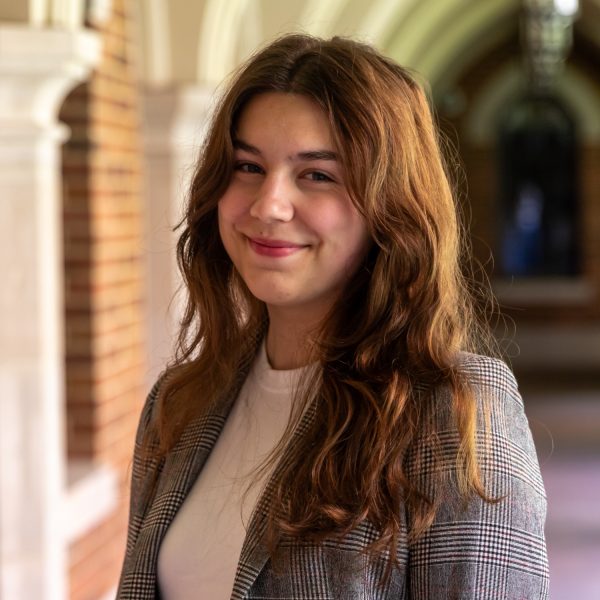
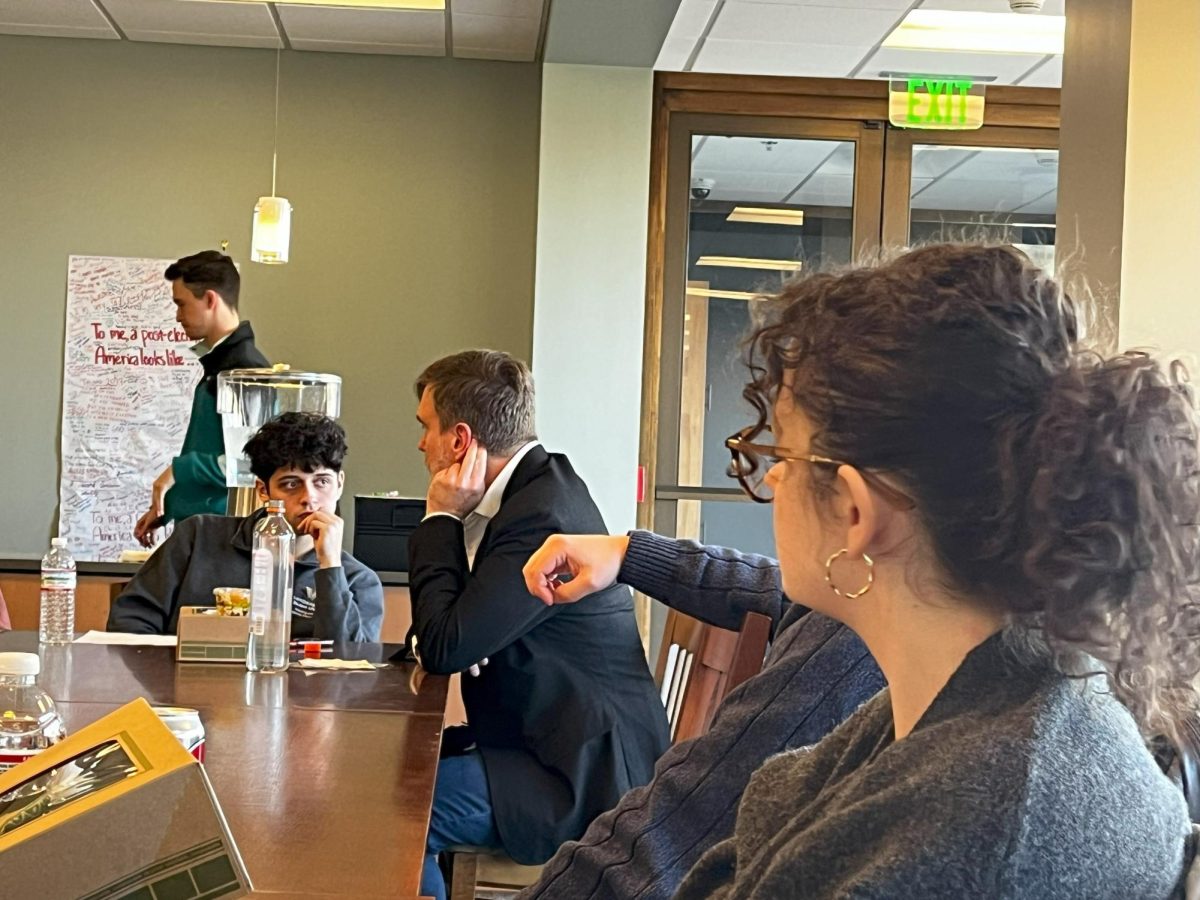

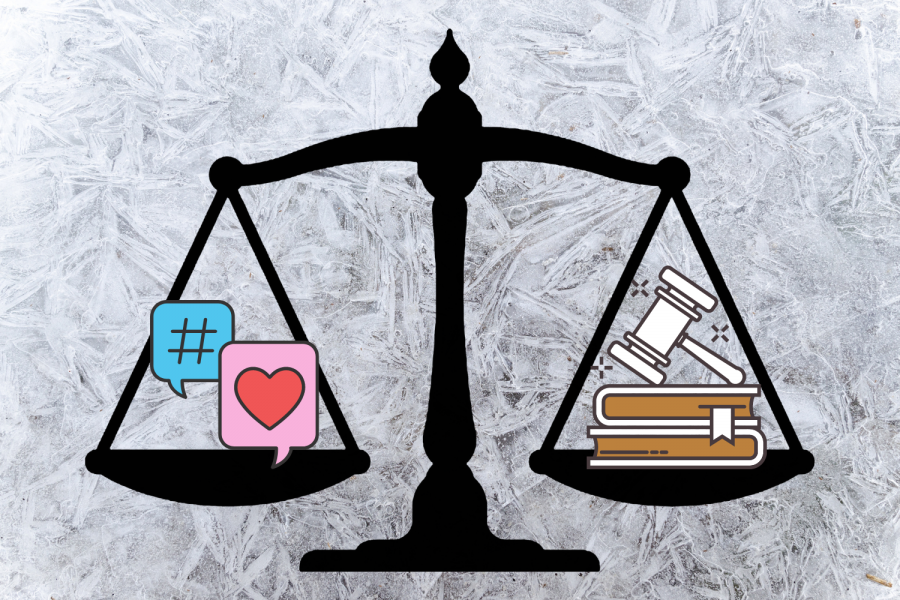
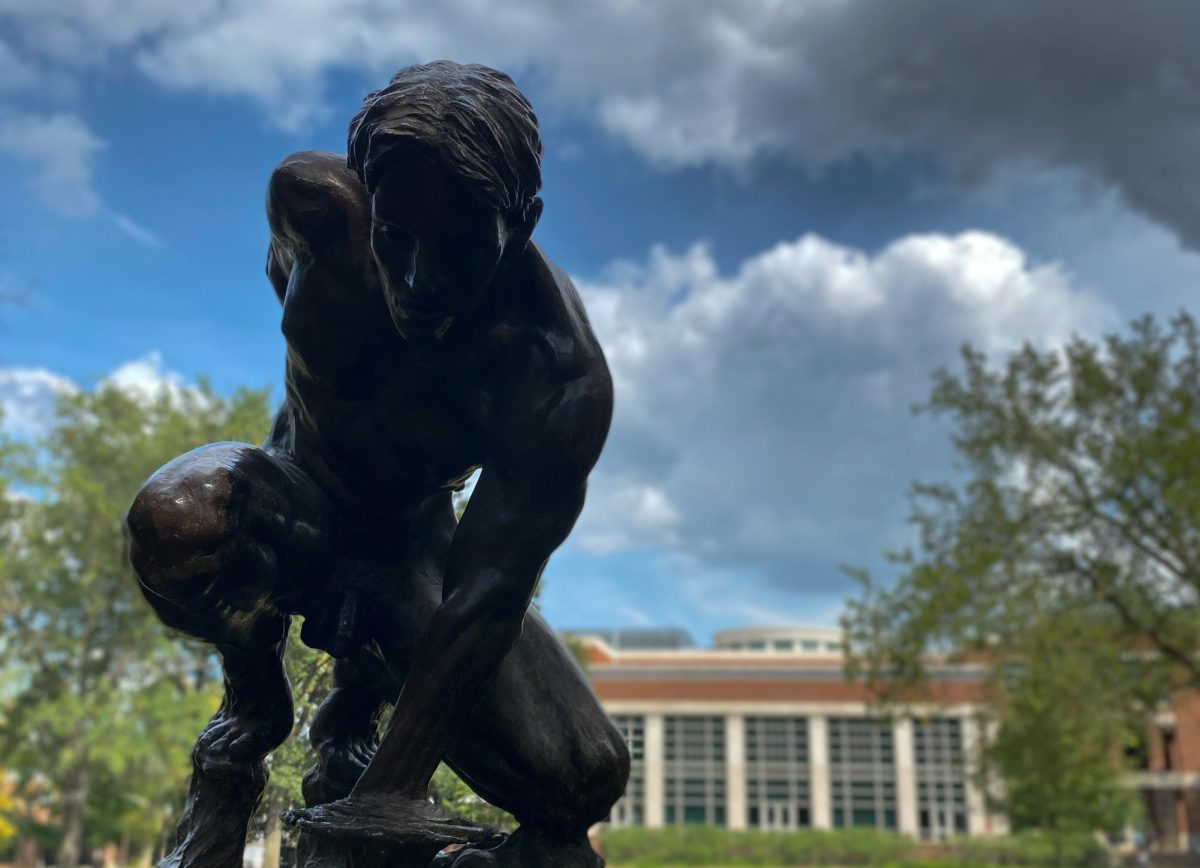

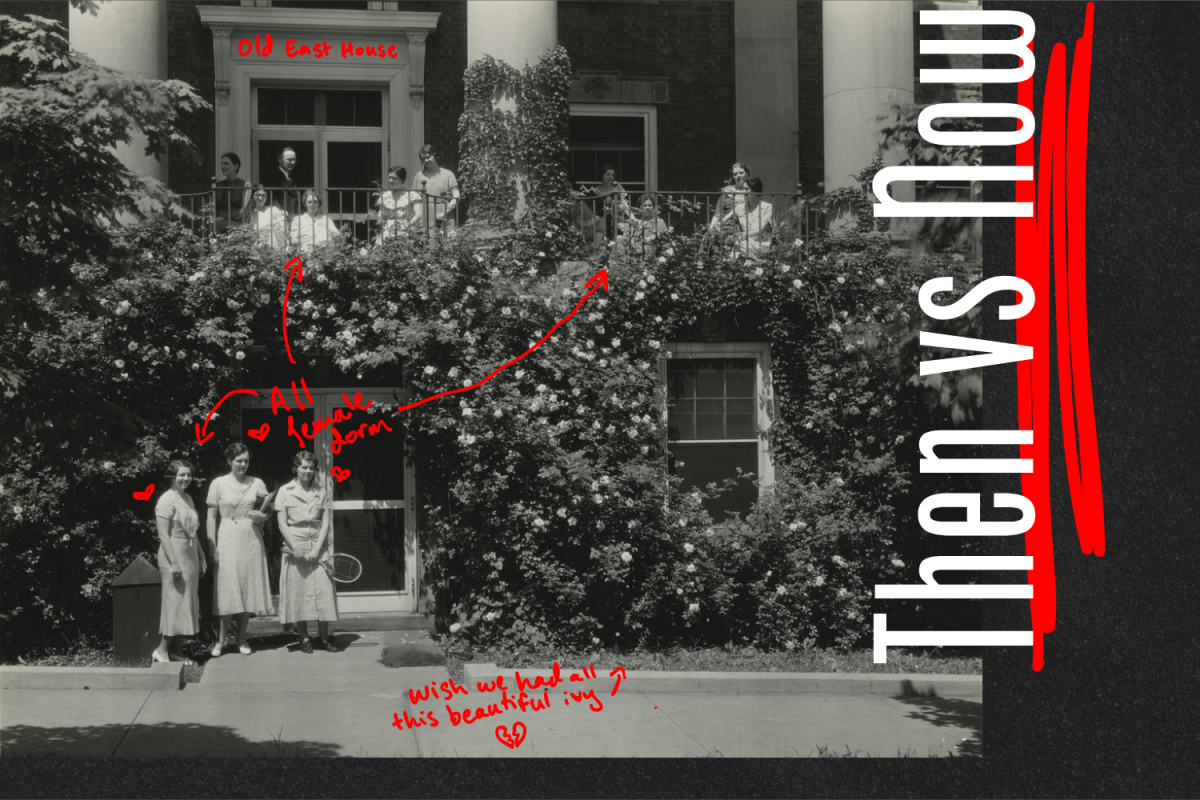

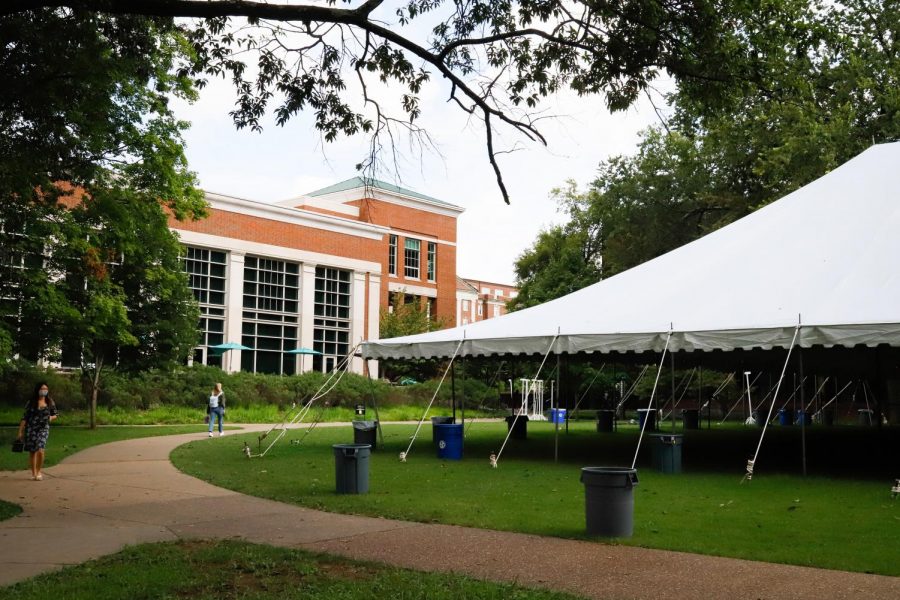
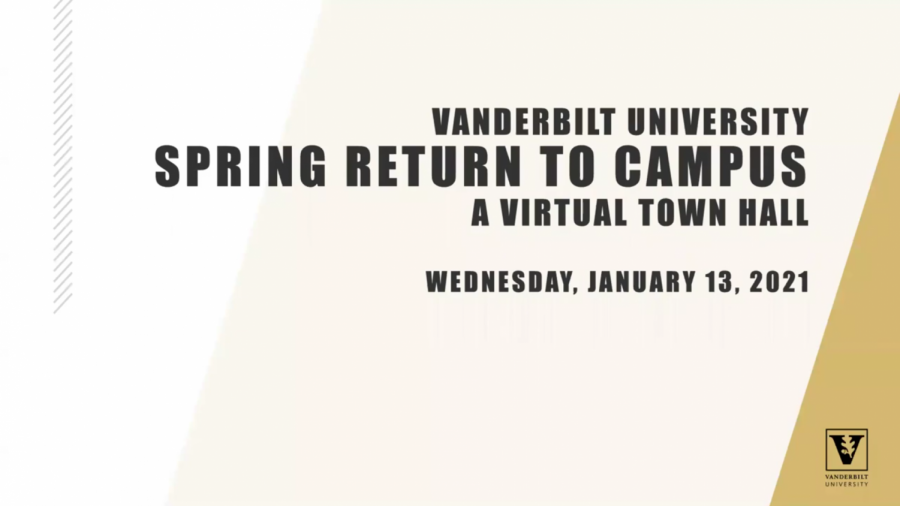
Rebecca D. • Sep 27, 2020 at 1:19 pm CDT
A fascinating read and a wonderful perspective to hear from a young writer. We often find ourselves trapped in these echo-chambers of liberal thinking at college and this article has an awareness we need more of.
Tony Stark • Sep 25, 2020 at 8:48 am CDT
Great piece and quite relevant, but cancel culture was here before the pandemic and it will be here long after the virus is gone. It looks like campus liberals (the majority) are finally realizing that campus radicals want to ostracize not only campus conservatives, but also liberals who disagree with them. Just recognizing cancel culture isn’t enough; the only way to stop cancel culture is to stand up for people you disagree with in your classes and friend groups. That includes both Trumpers and socialists, believe it or not. If you’re right-leaning, support your left-leaning friends. If you’re left-leaning, support your right-leaning friends. Don’t sell them out for internet points. Don’t let your sense of morality drive you to betrayal and intolerance. In this socially distant, paranoid age, let them know you trust them and care for them unconditionally. That is how cancel culture dies.
Jeremy • Sep 24, 2020 at 4:05 pm CDT
It’s not a debate when people are asking those that needlessly jeopardize the safety of others to face real consequences. I wish people would just state plainly that they don’t want to be held accountable or want others to face consequences because it makes them feel. The greater question isn’t about the legitimacy of cancel culture; it’s about how a community can hold each other accountable during dire circumstances.